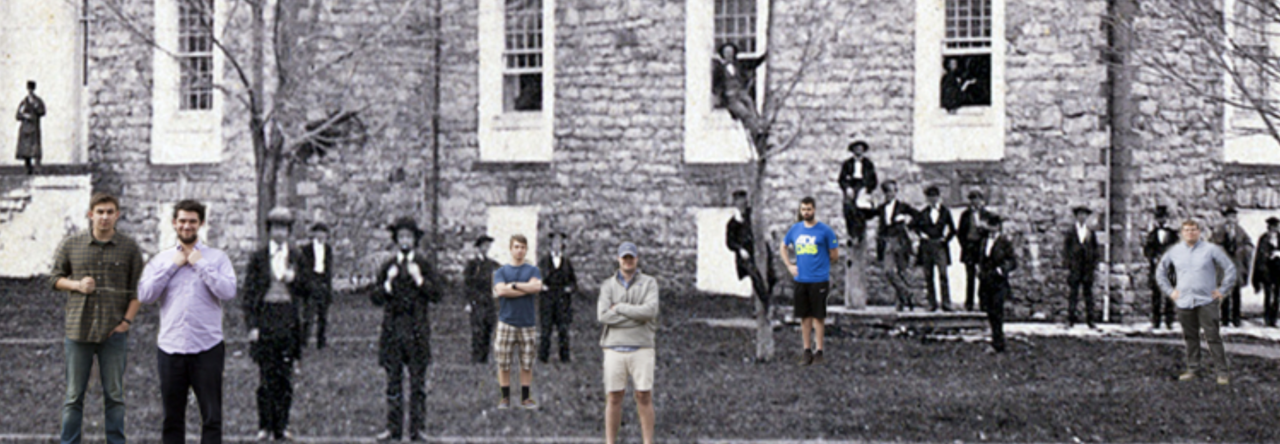Due February 26 BY 5PM
On Monday, Feb. 26, students will submit a 3-5 page typed, double-spaced essay on a coming of Civil War topic provided to them in class on Thursday February 22. All essays must include material from sources featured on the course site properly cited using Chicago-style footnotes. Outside research is allowed but not required. Essays will be graded on depth of analysis, use of evidence, and quality of prose. Late essays will be penalized up to 5 points each day.
Please choose ONE of the follow essay topics:
- Please open your paper with a descriptive title and your byline.
- Organize your essay in a way that respects chronology and historical context.
- Prof. Pinsker is available to review drafts (before Monday) and you may utilize the Writing Center; do NOT consult with other students in the class
- Make sure to devise a thesis statement that can be effectively argued in a short paper. Consult the Methods Center handout on How to Write a Thesis Statement
- Make sure you are formatting your footnotes correctly (see some of the samples below). For further guidance, see this methods handout on How to Use Footnotes and consult as needed with the library’s Chicago-style guide, but make sure to use sample footnote models for formatting and NOT bibliography examples.
Sample Footnotes
[1] Ian Beamish et al., “The Cotton Revolution,” in The American Yawp, eds. Joseph Locke and Ben Wright (Stanford, CA: Stanford University Press, 2018). [WEB]
[2] Yawp, Chapter 11: IV.
[3] Frederick Douglass, Fifth of July Speech (1852), Knowledge for Freedom seminar [WEB]
Grading
Essays will be graded on depth of analysis, use of evidence, and quality of prose. Late essays will be penalized up to 5 points each day.
- Don’t underestimate the importance of integrating your quoted evidence with some degree of fluidity. Awkwardly inserting quotations is one of the hallmarks of mediocre undergraduate essays. Consult this handout from the methods center for a range of good tips.
- Also, please guard against plagiarism. Remember our discussion from the very first day of the semester. Never write your own words while looking directly at your sources, especially secondary sources –unless you are quoting them.
- And finally, always remember to proofread your work by printing it out and reading it aloud, slowly. See our methods handout on How to Proofreed [sic]
